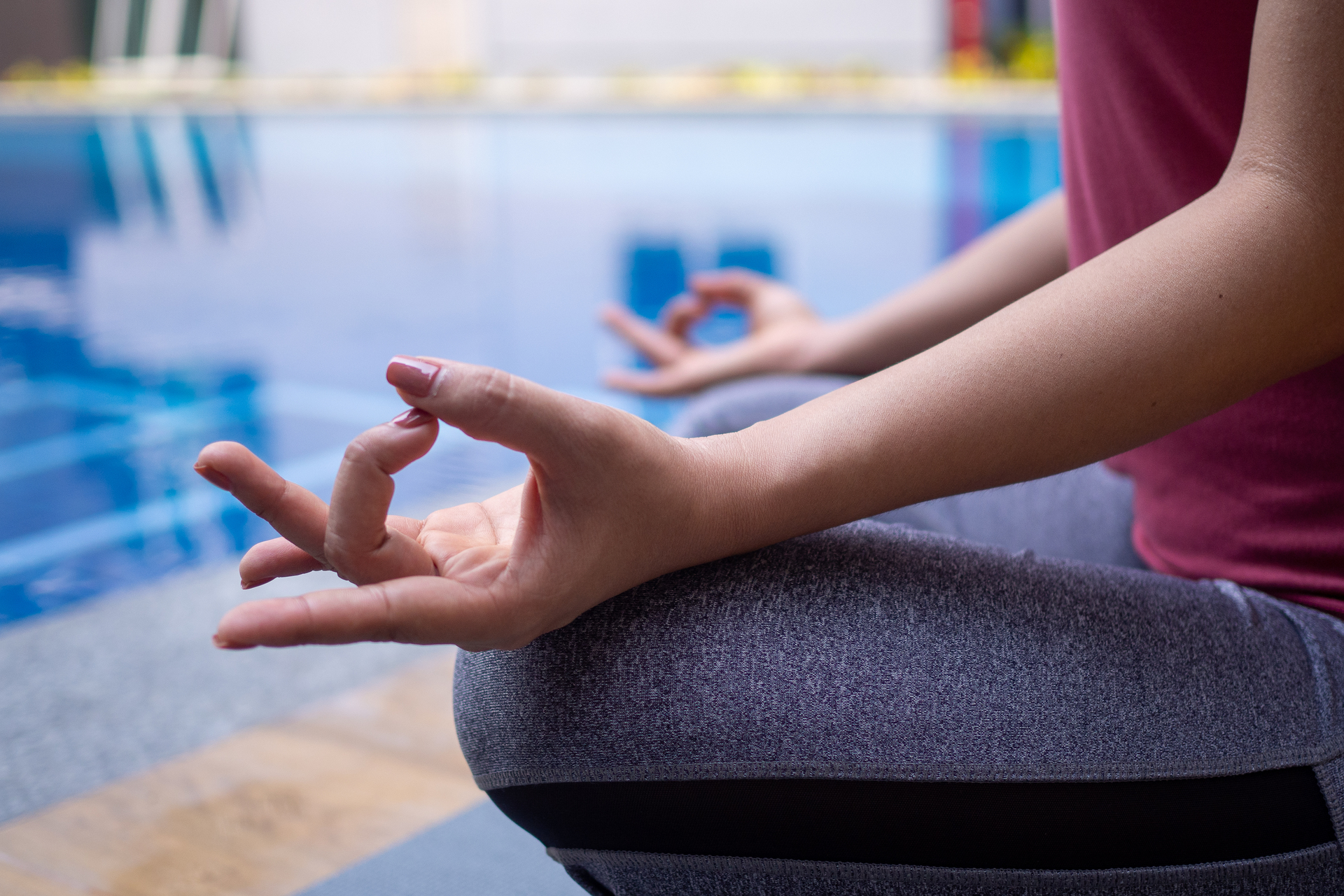The Mental Side of Swimming: Unlocking Your Full Potential in the Water

Swimming is a highly technical sport that requires strength, endurance, and coordination. However, its mental aspect is often overlooked. Success in swimming relies heavily on mental strength, which plays a critical role in overcoming challenges, pushing through barriers, and maintaining focus. In this blog post, we will delve into the mental side of swimming and explore strategies to develop mental toughness, resilience, and visualization techniques to help you achieve your goals in the water.
Section 1: The Importance of Mental Strength in Swimming
1.1 Mental toughness
Mental toughness is a key component of success in any sport, and swimming is no exception. Swimmers must develop the ability to cope with setbacks, remain focused on their goals, and push through physical and mental pain. Developing mental toughness takes time and practice, but it can be achieved through consistent effort and training.
1.2 Emotional resilience
Swimming, like other sports, can be an emotional rollercoaster. The highs of personal bests and record-breaking swims are often accompanied by the lows of injuries, disappointments, and poor performances. Developing emotional resilience is essential for swimmers to bounce back from these setbacks and maintain their passion and commitment to the sport.
1.3 Focus and concentration
In swimming, maintaining focus and concentration is crucial for executing proper technique and staying on pace. Whether it's perfecting your stroke, managing your breathing, or maintaining an efficient kick, strong mental focus is necessary for peak performance.
Section 2: Mental Strategies for Swimmers
2.1 Goal setting
Effective goal setting is crucial for success in swimming. By establishing both short-term and long-term goals, swimmers can maintain motivation, track progress, and develop a sense of purpose. Goals should be specific, measurable, attainable, relevant, and time-bound (SMART).
2.2 Visualization
Visualization, or mental imagery, is a powerful tool for swimmers to enhance their performance. By mentally rehearsing their races, swimmers can build confidence, develop muscle memory, and improve their technique. Visualization can also be used to manage pre-race anxiety and mentally prepare for competition.
2.3 Mindfulness and relaxation
Incorporating mindfulness and relaxation techniques into your training routine can help swimmers manage stress, improve focus, and enhance recovery. Practices like deep breathing, progressive muscle relaxation, and meditation can help swimmers stay present and maintain a calm and focused mindset in the pool.
Section 3: Overcoming Common Mental Challenges in Swimming
3.1 Performance anxiety
Performance anxiety is a common challenge faced by swimmers at all levels. Fear of failure, self-douboubt, and external pressures can lead to increased anxiety before and during competitions. To overcome performance anxiety, swimmers can use mental strategies such as positive self-talk, deep breathing exercises, and visualization. Developing a pre-race routine can also help swimmers feel more in control and focused.
3.2 Plateaus and stagnation
Reaching a plateau or experiencing stagnation in performance can be frustrating for swimmers. To break through these barriers, it's essential to evaluate your training, technique, and mental approach. Consider working with a coach to identify areas for improvement, set new goals, and develop a plan for progress. Additionally, maintaining a growth mindset and embracing challenges can help swimmers stay motivated and focused on improvement.
3.3 Burnout and overtraining
Swimming requires a high level of commitment and intensity, which can sometimes lead to burnout or overtraining. Recognizing the signs of burnout, such as chronic fatigue, reduced performance, and decreased motivation, is crucial for maintaining long-term success in the sport. To prevent burnout, swimmers should prioritize rest and recovery, maintain a healthy work-life balance, and set realistic goals. Additionally, incorporating mental skills training and self-care practices can help manage stress and prevent overtraining.
The mental side of swimming is an essential component of success in the sport. By developing mental strength, resilience, and mental strategies such as goal setting, visualization, and mindfulness, swimmers can unlock their full potential in the water. Overcoming common mental challenges like performance anxiety, plateaus, and burnout is crucial for maintaining long-term success and enjoyment in swimming. By prioritizing mental training and self-care, swimmers can build a strong foundation for a rewarding and successful swimming career.